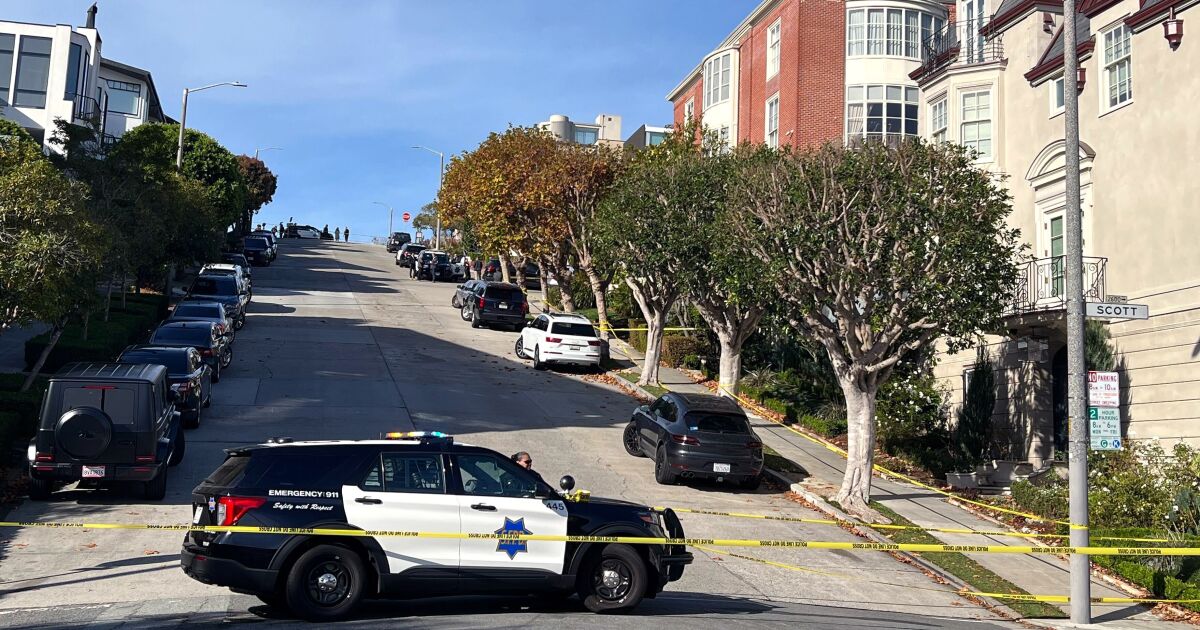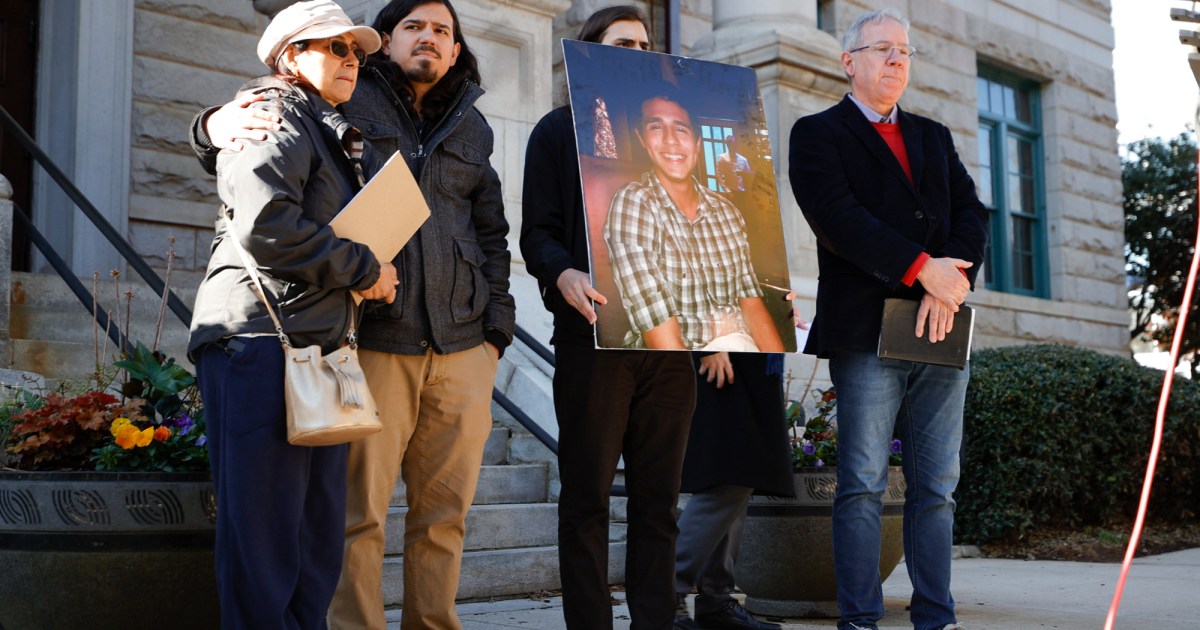Woman Sexually Assaulted by Deputy Sheriff During Traffic Stop Says Qualified Immunity Is Blocking Her Quest for Justice
Justice should primarily be about making victims whole, not merely incarcerating perpetrators. Qualified immunity hinders that.
Hannah Cox
ynette Christmas still has nightmares about the day that forever changed her life. It was Valentine’s Day of 2016. Christmas was pulled over in Harris County, Georgia for a routine traffic violation. The officer, Deputy Thomas Pierson, gave her a warning and sent her on her way. But minutes later, he pulled her over for a second time.
This time, he sexually assaulted her.
“I can feel the day and what the air was like. The smell of the air. When he was dragging me up by the car,” Christmas
told local station WSBTV. “And as he was leaving, he told me he was going to kill me.”
Pierson is now serving an
8-year prison sentence. To some, this might sound like justice. Rape cases have a notoriously
low clearance rate in the country, and police officers are
rarely sent to prison for their crimes.
But Christmas would not call this justice.
According to Christmas, Pierson was accused by many other women of inappropriate conduct during traffic stops. Those women filed reports long before Christmas was assaulted, but nothing was done about them. Pierson was also involved in the death of a teen during a traffic stop. Clearly, there were many indicators that Pierson posed a threat to the general public for some time, yet his superiors, the police department, and the county did absolutely nothing to intervene.
In Christmas’ eyes, the failure of Pierson’s superiors to hold him accountable in the line of duty makes them culpable for the crimes against his victims as well. So, she sued the county, the Sheriff, and Pierson himself.
But in March, a judge ruled that the lawsuit could not move forward, because the defendants all enjoyed “qualified immunity.”
What is Qualified Immunity?
For those unfamiliar,
qualified immunity is a court doctrine that the US Supreme Court essentially pulled out of thin air in the 1960s—in a move many would call judicial activism. It is not grounded in the Constitution and has no legal foundation. Yet it has been the law of the land for nearly 60 years.
Because of qualified immunity, Americans are unable to sue government actors—all government actors, not just police officers—and hold them accountable for their actions unless a court has ...
Lynette Christmas wants her day in court. Not just against the former deputy who assaulted her, who is now jobless and financially unable to pay restitution, but against the department and the county who enabled his actions.
fee.org














:quality(70)/cloudfront-us-east-1.images.arcpublishing.com/tronc/BAUV3VDFHBHYLINMAJ5LNYQUPU.jpg)







:quality(70)/cloudfront-us-east-1.images.arcpublishing.com/tronc/K2SIXFRLLNAE3OX2GSHUXQKH5U.jpg)